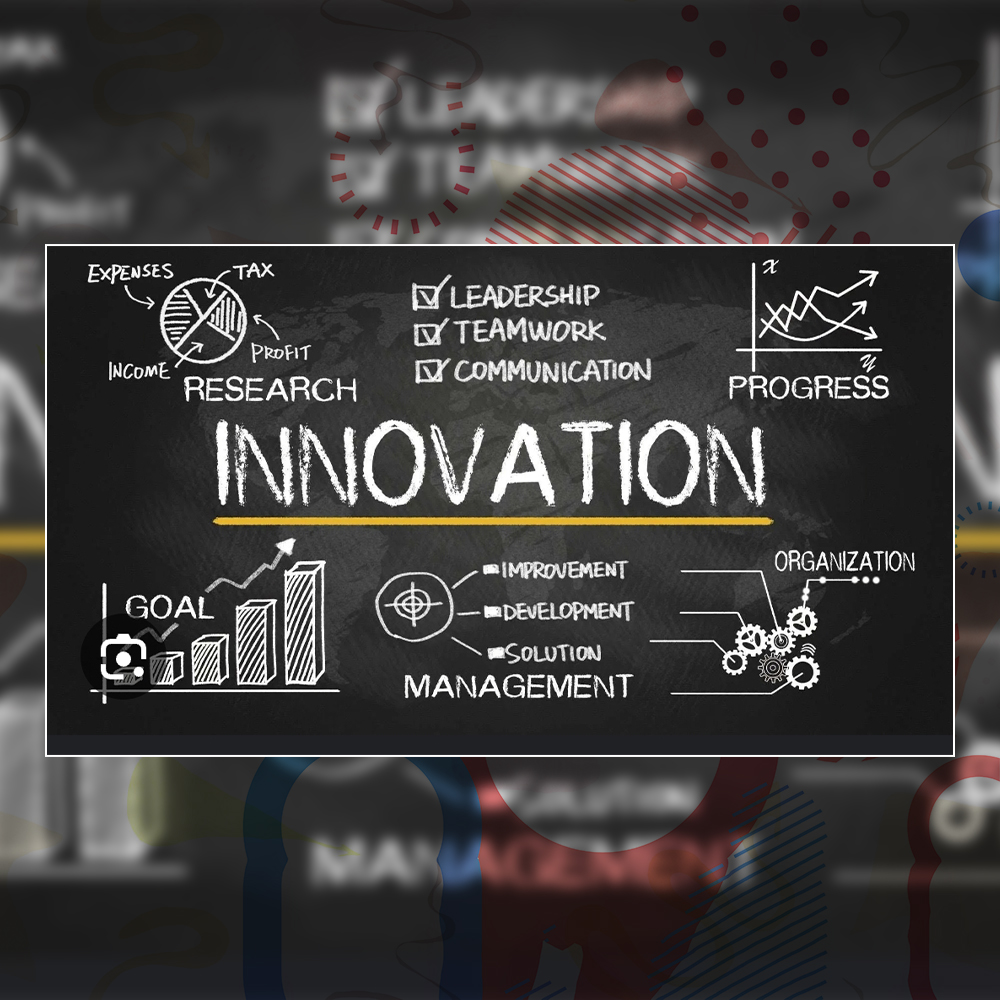
Leadership is a critical element in any organization, shaping its direction, culture, and success. The question of how to nurture and develop future leaders is pivotal. It involves more than just training; it requires creating an environment where potential leaders can thrive, learn, and grow. This article explores the essential steps to foster leadership within your organization.
Recognizing Potential Early
The journey to nurturing future leaders begins with recognizing potential early. The first step is to identify individuals who show promise in leadership roles. Look for traits such as initiative, problem-solving abilities, effective communication, and a willingness to take responsibility. These attributes often indicate an innate potential for leadership.
Providing Opportunities for Growth
Once potential leaders are identified, providing them with opportunities for growth is crucial. This can be achieved through challenging assignments, cross-functional projects, and exposure to different areas of the organization. By doing so, individuals gain a broader understanding of the business, enhancing their ability to lead effectively.
Mentorship and Coaching
Mentorship and coaching play a vital role in leadership development. Pairing emerging leaders with experienced mentors can provide guidance, support, and valuable insights. Mentors can help mentees navigate the complexities of leadership, offering advice on handling difficult situations and making strategic decisions. Regular coaching sessions also allow for continuous feedback and development.
Fostering a Culture of Learning
Creating a culture of learning within the organization is essential for nurturing leaders. Encourage continuous learning through formal training programs, workshops, and seminars. Promote a mindset that values growth and development, where employees feel empowered to pursue knowledge and skills. This culture not only benefits potential leaders but also enhances overall organizational performance.
Encouraging Innovation and Risk-Taking
Leadership involves innovation and the willingness to take calculated risks. Encourage future leaders to think creatively and explore new ideas. Create an environment where it is safe to fail and learn from mistakes. This approach fosters a sense of ownership and accountability, essential qualities for effective leadership.
Promoting Emotional Intelligence
Emotional intelligence is a critical component of successful leadership. It involves self-awareness, empathy, and the ability to manage relationships effectively. Develop programs that enhance emotional intelligence among potential leaders. This can include training in communication skills, conflict resolution, and stress management. Leaders with high emotional intelligence are better equipped to motivate and inspire their teams.
Leading by Example
Existing leaders play a crucial role in nurturing future leaders by setting the right example. Demonstrate the values and behaviors you wish to see in emerging leaders. Show integrity, transparency, and a commitment to continuous improvement. When current leaders model these qualities, it sets a standard for others to follow.
Creating a Supportive Environment
A supportive environment is essential for leadership development. Ensure that potential leaders have access to the resources they need, including time, budget, and support from senior management. Foster a collaborative atmosphere where ideas are shared and teamwork is encouraged. A supportive environment enables future leaders to experiment, innovate, and grow.
Measuring Progress and Providing Feedback
Regularly measuring progress and providing constructive feedback is vital for leadership development. Implement systems to track the growth and performance of potential leaders. Use performance reviews, 360-degree feedback, and self-assessment tools to gather insights. Constructive feedback helps individuals understand their strengths and areas for improvement, guiding their development journey.
Celebrating Successes
Recognize and celebrate the achievements of emerging leaders. Acknowledge their contributions and milestones reached. Celebrating successes boosts morale and reinforces the importance of leadership development within the organization. It also motivates other employees to aspire to leadership roles, creating a positive cycle of growth and development.
Building the Future
Nurturing leadership is a continuous process that requires dedication, effort, and a strategic approach. By recognizing potential early, providing growth opportunities, offering mentorship, fostering a culture of learning, encouraging innovation, promoting emotional intelligence, leading by example, creating a supportive environment, measuring progress, and celebrating successes, organizations can effectively develop the leaders of tomorrow.
Investing in future leaders is investing in the future of the organization. It ensures that there is a steady pipeline of capable, confident, and innovative leaders ready to take on the challenges of tomorrow. In doing so, organizations not only secure their success but also contribute to the broader development of society.